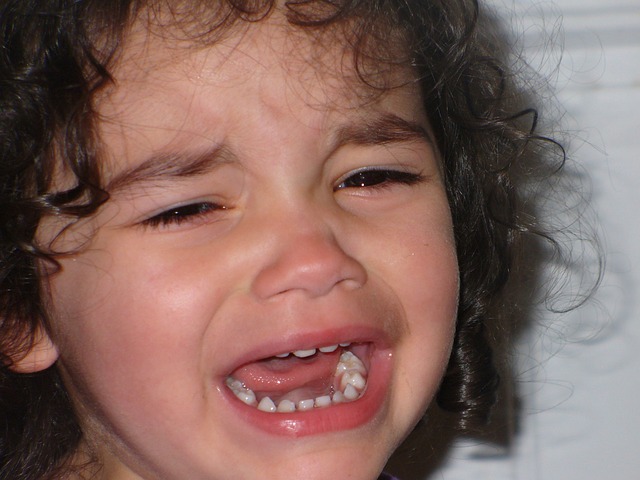Mothers no longer spank their kids or practice physical discipline as often as before, an analysis of four national surveys shows.
In the past 25 years, the number of mothers who reported spanking their children as a means of disciplining them has dropped significantly, NPR reports. Researchers examined data from 1988 to 2011, and found that from 46% of mothers in median-income households who endorsed the practice of spanking kindergarten-aged kids in the 1980s, the number dropped to 21% by 2011.
Rebecca Ryan, a psychologist at Georgetown University and lead author on the study, says, “There’s been a substantial decrease in the share of parents who are reporting having spanked their child in the last week.” She adds, “And there’s been a substantial decrease in the share of parents who say they would spank or hit their child in response to misbehavior.”
The researchers were surprised to find that this decline in spanking happened across all socioeconomic levels. In 1988, around 40% of high-income parents said that they would use physical punishment on their children; that fell to just 12% in 2011. Among mothers in low-income families, around half endorsed physical disciplining in 1988, but only 33% said the same in 2011. Ryan says,
It could be that parents are realizing that physical discipline may be less effective than some of the alternatives.
In fact, the number of mothers who are now using nonphysical methods to discipline their kids, like timeouts, increased during the same time period, the analysis reports.
Ryan says, “The majority of parents now are reporting that they are using alternatives to physical discipline like timeouts where it was the minority in 1988.”
One limitation of the study, Ryan admits, is that it relies on parents actually admitting that they spank their kids. But she notes that child abuse cases also went down during the same period, validating their results.
She clarifies, “Spanking is not the same as physical abuse, but the reduction in official physical abuse reports suggests the changes in physical discipline endorsement reported here reflect changes in actual behavior.”
Experts and other researchers welcome the news. Heidi Feldman, a developmental pediatrician at Stanford University who wrote an accompanying editorial to the study, says studies have shown that nonphysical discipline is more effective. Methods like timeouts promote understanding and teaching, while physical punishment encourages violence, Feldman says. She points out that spanking remains a common practice among lower-income parents.
The study was published in the journal Pediatrics.
























